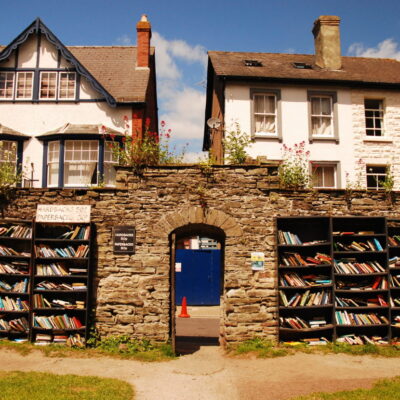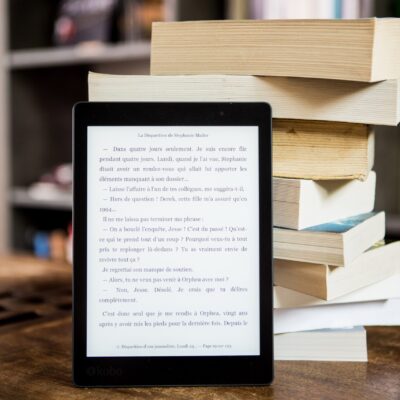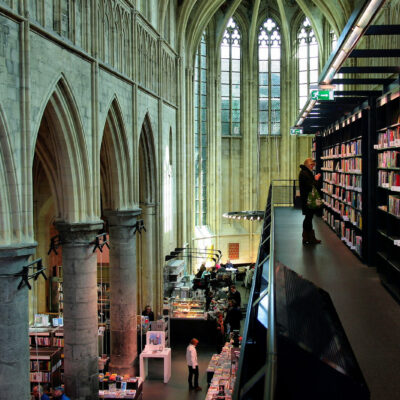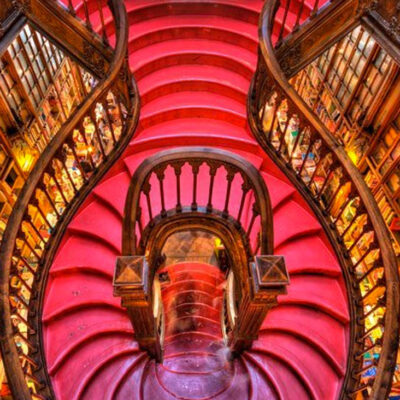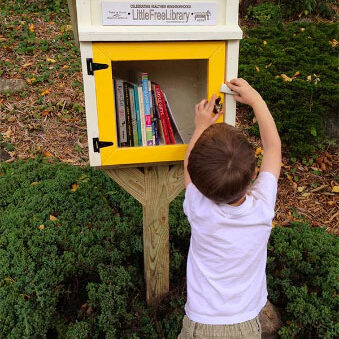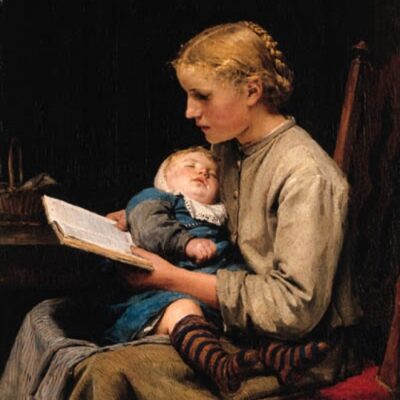Little Gods by Meng Jin
What do you do when your debut novel is a masterpiece? In Meng Jin’s case, I have no doubt, she’ll produce another and another. It is rare that an author creates within one story such complex characters and themes with a setting that is so perfectly depicted. For example, on page one, we read the following description of Tiananmen Square circa June 3-4, 1989: “Bodies have come. In the square, bodies sit, stand, and lie on the hot paved stone. The square was built for six hundred thousand bodies; for weeks there have been more. Rats sniff between folds of newspaper; flies regurgitate on sunburned shins; roaches scuttle across sleeping toes. Women in white uniforms weave through carrying metal tanks, spraying disinfectant where concrete shows. From above, this movement looks like a primitive organism, breathing. In the nucleus a burst of color radiates and contracts, radiates and contracts, as bodies leave the square, return and leave again. West of the outer ring, a dark mass gathers: troops preparing to enter.”
Born in Shanghai in May of 1989, Meng Jin has been deeply affected by the history of China. In fact, in an interview printed at the back of Little Gods, she tells the reader that her father would have joined the nearly million protesters in Tiananmen Square but for her birth. As she was growing up, she observed the incongruence in tone and texture between stories her family members would tell and those presented in American textbooks and the media. She wanted to create a story that shone a spotlight on the importance of history as it affects the intimate details of individual lives. In my opinion, she has performed a miracle in that each of her characters, even minor ones, are equally compelling.
The affect of history on our lives is a theme that runs through this unforgettable story. The first character we meet is a maternity nurse making her way to work through the Beijing streets crowded with student-led demonstrations calling for democracy, free speech, and free press in China. The nurse, who ultimately tends to main characters Su Lan and her new baby Liya, is skeptical of the idealistic pro-democracy protesters: “Little gods, she thinks. Desperate to turn their own growing bodies, their own aches and despairs, into material that might reset the axes of worlds. What did it boil down to but children, giddy with breaking rules!” [p. 4]
In some ways, the concept of playing God applies to a number of major characters in the book who try to build a future disassociated from history. No one exemplifies this more than Su Lan; a woman who Meng Jin describes as “a magnetic center…..around which the other characters orbit.” Zhu Wen, a neighbor who helps care for Liya, sees Su Lan as a strong woman obsessed with reinventing herself. In the following quote, she introduces readers to her perception of Su Lan:
She was not interested in her beauty. In fact she did not think herself particularly attractive, and believed her features to be small and inoffensive, nothing remarkable on their own. Rather, she felt the strength of her face was its neutrality; like the white walls of her room, it functioned as a blank palette that was enhanced (rather than made garish) by makeup and jewelry. In this way she conceived her beauty, like her other attributes, not as an inherent quality but rather as another aspect of her self-invention, the hard-earned result of her own work and will. [pp. 28-29]
I received a paperback copy of Little Gods free from Custom House as a Goodreads Giveaway. All thoughts expressed are my honest opinion.
